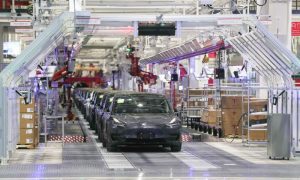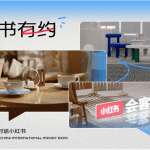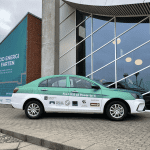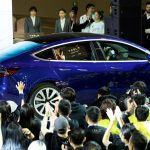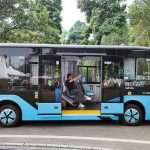Tesla‘s recalls reflect its ignorance in understanding Chinese consumers
特斯拉的召回事件反映出它对中国消费者的无知
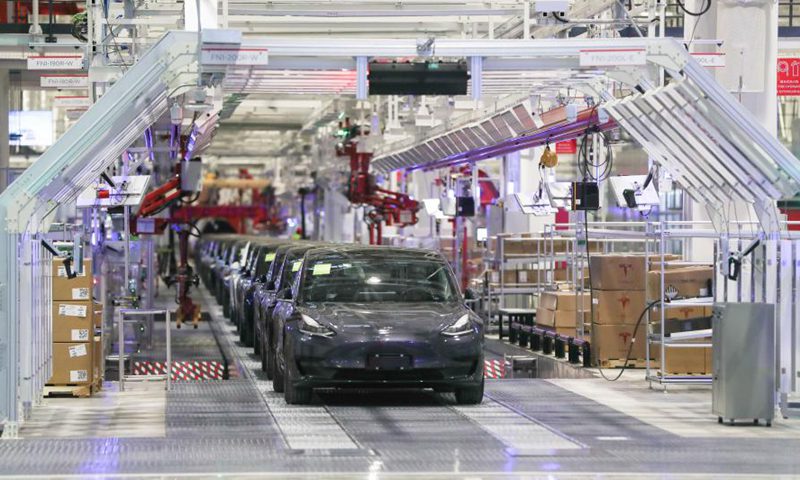
Tesla recently filed a fresh recall of up to 36,126 imported Model S and Model X vehicles in China because of touch-screen failures – the latest after several rounds of recalls in 2020 – which analysts said would slightly impact its branding in the world’s largest car market, but reflects the brand’s ignorance in understanding Chinese consumers.
According to the Chinese State Administration for Market Regulation, the cars to be recalled were made between 2013 and 2018 by Tesla in California and exported to China.
Tesla electric vehicles feature a media control unit that contains memory devices and other components. The memory devices in some of the units have program-erase cycles limited to 3,000 and therefore, they may not work well after reaching the limit, which could lead to potential risks, according to a statement on the SAMR website.
Tesla has made a series of recalls in China in the past years. In October 2020, Tesla announced it would recall 48,422 vehicles made in the US due to potentially faulty and unsafe front and rear suspensions.
Wu Shuocheng, an independent car analyst, told the Global Times that repeated recalls may have an impact on Tesla’s branding but may have no impact on its sales in China, as it still enjoys the leading position in the electric vehicle market.
He said quality control is a problem for Tesla, and almost every carmaker, especially as its output of Model 3s at the Shanghai Gigafactory has exceeded 5,000 a week.
Tesla started delivering made-in-China Model Ys in January, a step which the company said marked a “brand new stage” for the US electric carmaker’s development in China.
However, though Tesla is arguably the US company most active in investing in China, the Silicon Valley-born carmaker is far from understanding Chinese consumers, as seen by its attitude in a series of scattered accident reports including explosions, drivers losing control and faulty brakes.
Tesla has shown respect for the potential of the Chinese market, but not the same level of respect is given to Chinese consumers, analysts pointed out.
Tesla has been widely criticized for avoiding responsibility when dealing with quality control issues. The Xinhua News Agency said in an editorial on February 1 that Tesla shouldn’t be arrogant toward consumers’ questions. “There are already a number of electric vehicle brands flourishing in China and a company relies on its attitude toward consumers,” said the editorial, noting that no marketing can save an enterprise once it loses word of mouth and credibility.
Cui Dongshu, secretary-general of the China Passenger Car Association, said that the price of the Model Y, currently at 339,900 yuan ($52,548) in China, may be cut again in 2021 to under 300,000 yuan to compete with gasoline-powered vehicles and local electric car brands.

